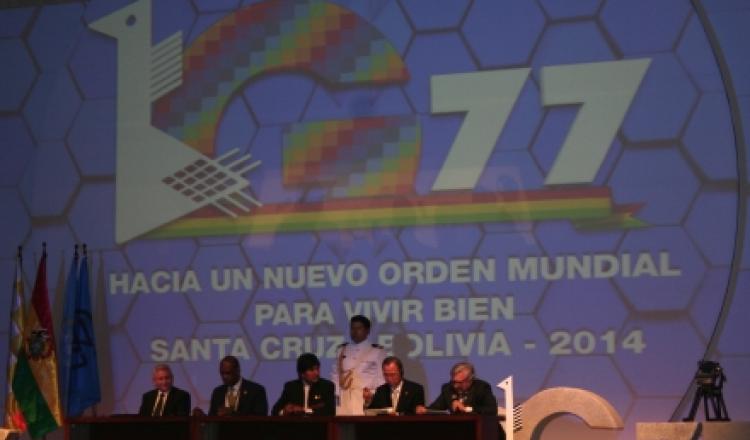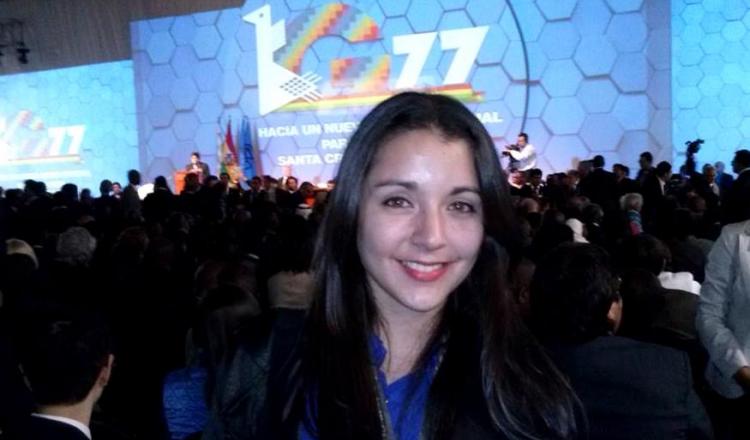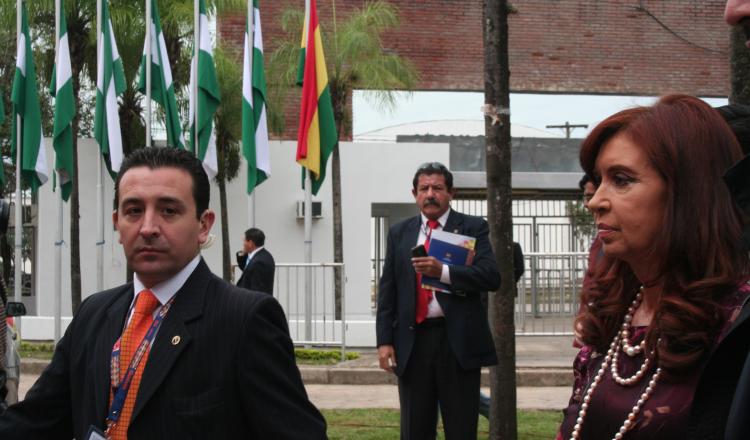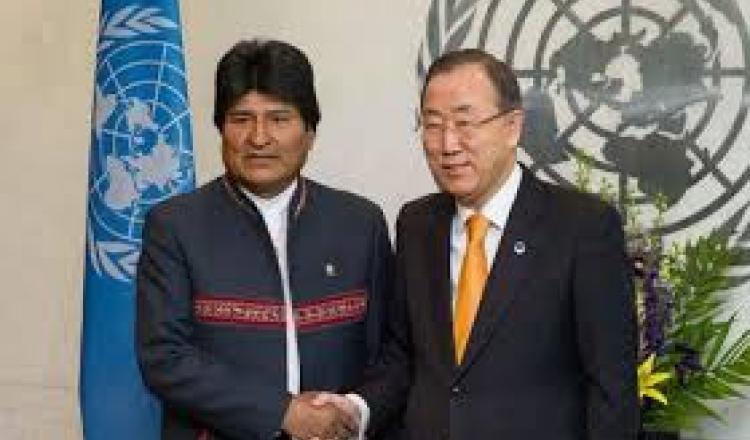Bolivia leads statement from developing countries for new sustainable development goals
G77+China Summit brought together 133 leaders from developing countries, the largest bloc in the United Nations, in the Bolivian city of Santa Cruz de la Sierra. These countries released a statement to be taken into account in future development agenda discussion. I participated in the summit as a press correspondent for ComunicaRSE and interview some of the world leaders about the key issues of this statement.
As the deadline to reach the Millennium Development Goals approaches, 133 developing countries leaders, led by Bolivia, met at the G77+China Summit to adopt a Declaration that sets the focal points for the new Sustainable Development Goals.
At the opening ceremony, UN secretary general, Ban Ki-moon, said that this year will be particularly crucial for assessing the Millennium Development Goals and set new sustainable goals.
“Innovative forms of cooperation will be needed to play a major and growing role in implementing post-2015 development agenda. This will include public-private collaboration that puts people at the center of the discussion and ensures transparency and accountability.G77 countries will need to attract, embrace and manage the investments that can help alleviate poverty and stimulate sustainable economic growth. South-South and triangular cooperation are also going to play an ever greater role – especially as many G77 economies are among the world’s most dynamic”, he said.
The Declaration of Santa Cruz, adopted at the plenary session of the Summit, contains 242 points and addresses issues ranging from food security, poverty eradication, and seeks an "integral development in balance with Mother Earth". The draft declaration, prepared by the President of Bolivia, agreed with country leaders in pre-summit meetings.
During the plenary session, vice president of Costa Rica, Ana Helena Chacón, talk to ComunicaRSE about the importance of working on protection of civil and political rights such as access to justice, participation, information and freedom of expression.
"We are committed here today to promote policies and programs within the framework of the new sustainable development goals which will be launched in 2015. These goals have been the greatest achievement of Rio+20 and will be the key to the future of our continent and the world."

“Towards a New World Order to Live Well” was the priority statement of the declaration. “Countries need to work to eradicate poverty as main objective of the post-2015 development agenda”, said President of Bolivia Evo Morales.
“The declaration states that an excessive profit orientation does not respect Mother Earth. I’m alarm by the way business can influence in global economy with negative effects on development”, said Morales.

Cristina Fernandez de Kirchner, President of Argentina, said to ComunicaRSE: "I pick up Bolivia's slogan for this Summit: “Towards a New World Order to Live Well” and urge G77 member to work towards new sustainable development goals to avoid us saying tomorrow “towards a new world order to survive".
At the suggestion of Argentina, the importance of allowing “vulture funds” to stop restructuring of the external debt of the countries was reiterated, the need for a more transparent rating was stressed; and espionage was condemned.

One outstanding axes of the Declaration was climate change. G77 proposes to United Nations Convention on Climate Change to adopt "a protocol, or another legal instrument with legal force" as a mechanism to address socio-environmental problems.
Ban Ki-moon called for "further progress towards a significant global agreement on climate change", and announced that in the Climate Summit he will “lead the leaders of all sectors to agree on new goals and propose a legally binding instrument to combat climate change".
The inclusion of women in SDGs was another key point of the Declaration. Brazilian Foreign Minister, Celso Amorim, asked G77 members to undertake a policy that provides greater inclusion of women in political decisions.
Amorim's Speech was clear in this regard: "The statement presented at this summit recognizes the potential of women to contribute to sustainable development and benefit from it. They are leaders, participants and agents of change. We gathered here today to create anenvironmentthat improve women’s situation, especially in rural areas and local communities."
Amorim said that the new sustainable development agenda should have a holistic vision with multidimensional goals that include cultural hub. "If we don’t change the culture of our societies we cannot hope to meet sustainable development goals inrealistic deadlines". He emphasized the importance of climate change in G77discussion. “The declaration adopted should seek to strengthen the work of its members in reducing emissions in line with Rio+20’s spirit”.
The Declaration also includes several paragraphs about Indigenous People’s rights.
Press correspondent for ComunicaRSE: María Julia Arana






